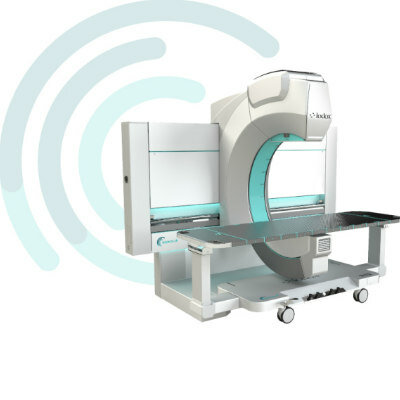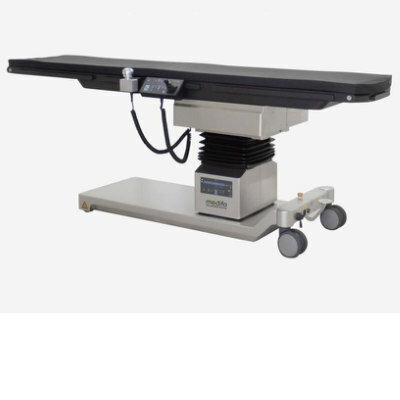Brain Abnormalities Identified in Borderline Personality Disorder
By MedImaging staff writers
Posted on 16 Jan 2008
Using new approaches, an interdisciplinary team of scientists has gained a view of activity in key brain areas associated with a core difficulty in patients with borderline personality disorder--providing new insights into this serious psychiatric condition.Posted on 16 Jan 2008
"It's early days yet, but the work is pinpointing functional differences in the neurobiology of healthy people versus individuals with the disorder as they attempt to control their behavior in a negative emotional context. Such initial insights can help provide a foundation for better, more targeted therapies down the line,” explained lead researcher Dr. David A. Silbersweig, a professor of psychiatry and neurology at Weill Cornell Medical College, and attending psychiatrist and neurologist at New York-Presbyterian Hospital/Weill Cornell Medical Center (New York, NY, USA).
The findings were published in the January 2007 issue of the American Journal of Psychiatry. Characteristics of the illness include impulsivity, emotional instability, interpersonal difficulties, and a preponderance of negative emotions such as anger--all of which may encourage or be associated with substance abuse, self-destructive behaviors and even suicide.
"In this study, our collaborative team looked specifically at the nexus between negative emotions and impulsivity--the tendency of people with borderline personality disorder to ‘act out' destructively in the presence of anger,” Dr. Silbersweig explained.
Sophisticated brain-scanning technologies developed by the investigators made it possible to detect the brain areas of interest with greater sensitivity. "Previous work by our group and others had suggested that an area at the base of the brain within the ventromedial prefrontal cortex was key to people's ability to restrain behaviors in the presence of emotion,” Dr. Silbersweig noted.
Unfortunately, tracking activity in this brain region has been extremely difficult using functional magnetic resonance imaging (fMRI). "Due to its particular location, you get a lot of signal loss,” Dr. Silbersweig remarked. However, the Weill Cornell team used a customized fMRI activation probe that they developed to eliminate much of that interference. This paved the way for the study, which included 16 patients with borderline personality disorder and 14 healthy controls. The researchers also used a tailored fMRI neuropsychological approach to observe activity in the participants' ventromedial prefrontal cortex as they performed what behavioral neuroscience researchers call "go/no go” tests.
These rapid-fire tests require participants to press or withhold from pressing a button whenever they receive specific visual cues. In contrast to the usual approach, the performance of the task with negative words (related to borderline psychology) was compared to the performance of the task when using neutral words, to reveal how negative emotions affect the participants' ability to perform the task. As expected, negative emotional words caused participants with borderline personality disorder to have more difficulty with the task they were doing and act more impulsively--ignoring visual cues to stop as they repeatedly pressed the button.
At the same time, the research team observed heightened levels of activation during the tests in other areas of the patients' brains, including the amygdala, a locus for emotions ‘such as anger and fear, and some of the brain's other limbic regions, which are linked to emotional processing. "In the frontal region and the amygdala, the degree to which the brain aberrations occurred was closely correlated to the degree with which patients with borderline personality disorder had clinical difficulty controlling their behavior, or had difficulty with negative emotion, respectively,” Dr. Silbersweig noted.
The study provides insights not only on borderline personality disorder, but on the processes healthy individuals rely on to control their tempers in the face of strong emotion. Still, patients struggling with borderline personality disorder stand to benefit most from this revolutionary research..
The research could even help lead to better treatment, according to the investigators. As pointed out in the commentary, the research may help explain how specific biologic or psychological therapies could ease symptoms of borderline personality disorder for some patients, by addressing the underlying biology of impulsivity in the background of overwhelming negative emotion. The more scientists understand the neurologic abnormalities that give rise to the disorder, the greater the hope for new, highly targeted drugs or other therapeutic interventions.
Related Links:
Weill Cornell Medical Center














